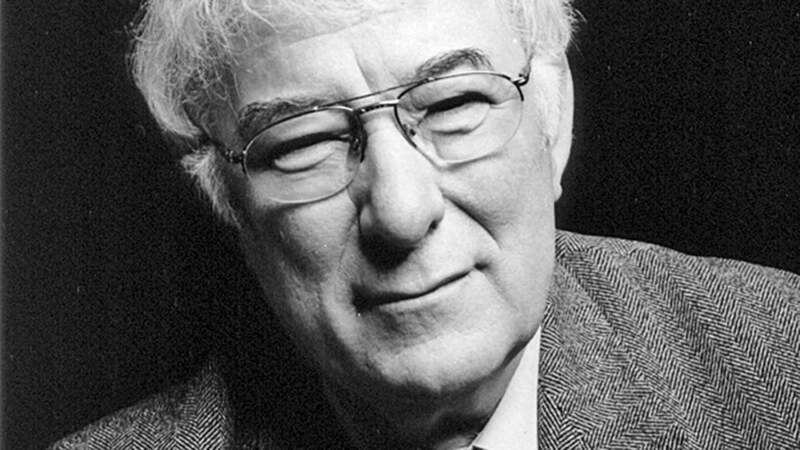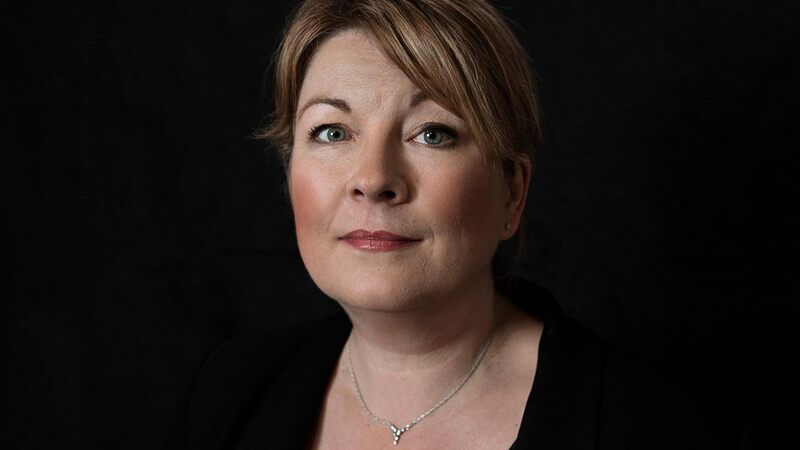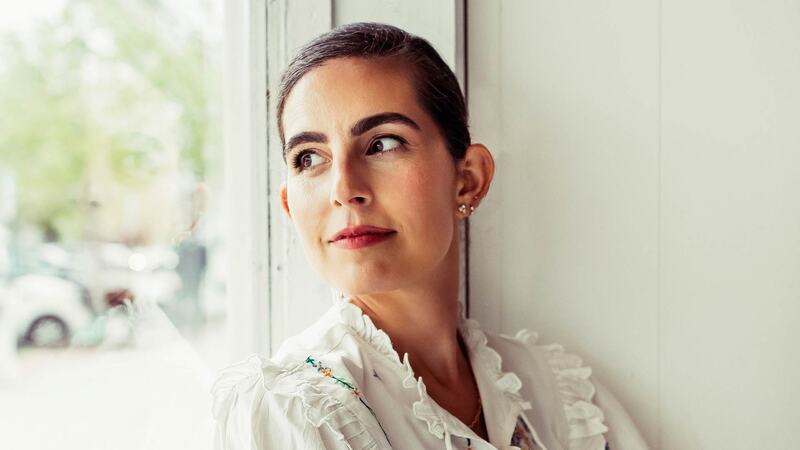You are viewing your 1 free article this month. Login to read more articles.
What is it about Plain Jane?
One hundred and sixty-four years and at least 20 adaptations have been put between the original publication of Jane Eyre and the 2011 blockbuster, for which British director Moira Buffini wrote the script.
“Quite simply, it’s my favourite book,” Buffini told an audience of 750 likeminded fans. “I read it first at 15 or 16, and it’s been my friend throughout life." Buffini said that a friend told her the BBC was thinking of adapting the 1847 novel into a film, and she made it her mission to get the job.
The screenwriter made two major changes to the novel as we know it – firstly, it opens with a distraught Jane, played by Mia Wasikowska, staggering across the moors after fleeing Thornfield Hall and Mr Rochester (Michael Fassbender), before launching into her miserable childhood. Buffini said she wanted the opening to be “epic” and show Jane from the outset as the passionate woman she is for the sake of people who might not have read the book.
As with Wuthering Heights, “it’s all about the landscape,” she said, referring to the blustering Yorkshire moors that have come to characterise the Brontes’ novels as much as the characters themselves. “If you put a crying girl in a garden, it’s not the same as putting a crying girl on a moor.”
The second change, a more significant one plot-wise, was Buffini’s sympathy with Bertha Mason, Rochester’s ‘mad’ wife in the attic who frequently attempts to kill Jane and her husband. The film portrays her as beautiful, as she is described, with her tangled mane of raven hair and fierce, wide eyes – but Buffini paints her as more tragic than dangerous. How mental illness is perceived has obviously shifted immensely since the Victorian era, and Buffini didn’t want Bertha to be a simplified character.
“Teenagers might not have sympathy for Bertha Mason,” she explained, (a show of hands from the audience revealed that the majority had first read Jane Eyre as a teenager). “But when you get older you might sympathise with Bertha more. Charlotte regretted her treatment of Bertha; nowadays we’d have much more sympathy for her – she’s only in her early thirties and is a beautiful woman. Rochester calls her ‘my own demon’, which is true. He did this to her.
“We shot all the gothic stuff from the book – Bertha ripping the veil on the wedding day, Jane passing out, but it was too in-your-face. We decided to take out all those bits leading up to the wedding because Jane doesn’t know about Bertha, and it’s important to tell the story through her eyes – that’s one of the great problems with adapting a novel in the first person singular.”
Buffini also used her director’s prerogative by making another slight alteration to Charlotte Bronte’s prose in the final scene, when Jane approaches a blind Rochester on her return to Thornfield. Jane tells Rochester ‘Master, I have come back,’ despite being about to declare her undying love. “I can see that working really well in 1847, but it jangles nowadays, so I changed it to Edward.
“We all own Jane Eyre. It’s such a piece of world literature, I wanted to make one for our time. It’s ultimately a book about young people, and I wanted to cast the actors as the same age they are in the book.” (Wasikowska was 19 when filming began; Fassbender 32).
When asked why people still love Jane, Juliet Stevenson, who voices the audio book and read three extracts during the talk, said simply: “Jane has so much soul. She has a size 12 soul squeezed into a tiny corset.”
“Jane is the most honest person in literature,” Buffini added. “She’s such a passionate child and has such a sense of injustice. Helen Burns (Jane’s best friend at Lowood School) teaches Jane to never go through life without demanding to be treated like an equal. Her position in life is so extreme, and she requires us to love her, because nobody else does.”
Despite Jane getting her happy ending, Charlotte Bronte’s novel was and still is seen as a feminist novel – one of the reasons why she published it under a genderless pseudonym: Currer Bell (her sisters were Acton and Ellis Bell at the start of their publishing career).
Buffini hailed the book as one of the most important a teenage girl should read, and when it came to creating the film, she said: “I want you to get the feeling you get when you were 15.”
With the adaptation of Wuthering Heights to hit screens in 11 November, the Bronte sisters’ already centuries-long legacy looks set to live on for a very long time.
Jane Eyre is out at cinemas now.














